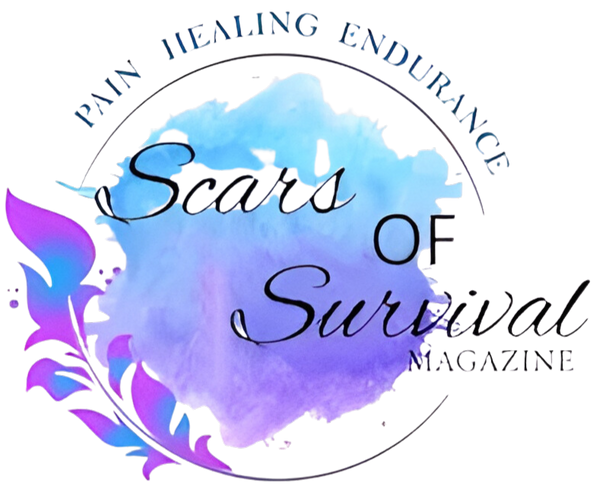Healing Through Prison Reform Introduction
In a society that prides itself on justice and equality, the troubling reality of wrongful imprisonment, especially among Black males, remains a significant issue. My journey through the criminal justice system began in 1998 when I was convicted of capital murder and assault, a charge that forever altered the course of my life. This blog aims to shed light on my experience, the systemic issues within our justice system, and the urgent need for reform.
My Story At the time of my conviction, I was a college student on a basketball scholarship at Alabama State University in Montgomery. I had dreams and aspirations, but everything changed in an instant. I found myself arrested and facing charges based on the testimony of a co-defendant who lied about my involvement, shifting the blame onto me. There was no physical evidence linking me to the crime—only my statement, which was manipulated to fit the prosecution's narrative.
Despite being a first-time offender and having no prior run-ins with the law, I was convicted based on the falsehoods of another. The reality of being found guilty simply for being present at the crime scene was a harsh awakening to the flaws within our judicial system. I was thrust into a world where my rights felt stripped away, and I had no understanding of how to navigate my defense.
The Impact of Wrongful Imprisonment My experience is not unique. Thousands of Black males face wrongful imprisonment, often due to systemic biases, inadequate legal representation, and a lack of understanding of their rights. This blog will explore several key areas:
1. Systemic Biases: Examining how racial biases permeate the criminal justice system, leading to disproportionate rates of wrongful convictions among Black individuals.
2. Lack of Legal Representation: Highlighting the challenges faced by defendants, especially those who cannot afford competent legal counsel, which can significantly impact the outcome of their cases.
3. Misuse of Testimony: Discussing how unreliable witness testimonies, particularly from co-defendants, can lead to wrongful convictions and the need for stricter standards in evaluating evidence.
Healing Through Reform While sharing my story is important, the ultimate goal is to advocate for meaningful reform in the criminal justice system. Here are some ways we can work towards healing:
- Raising Awareness: By sharing personal stories and statistics, we can illuminate the realities of wrongful imprisonment and the need for change.
Supporting Organizations: I collaborate with universities, legal aid organizations, and advocacy groups that focus on prison reform and the rights of incarcerated individuals. I aim to connect with organizations willing to assist in raising awareness and providing resources.
- Education and Advocacy: Creating educational programs that empower individuals with knowledge about their rights and the legal system, helping to prevent wrongful convictions in the future.
- Community Engagement: Encouraging conversations within communities about the impacts of systemic racism and the importance of reforming our justice system.
Call to Action
I invite readers, especially those who have experienced similar injustices, to join me in advocating for change. Together, we can create a movement that not only seeks justice for those wrongfully imprisoned but also promotes healing and understanding within our communities.
If you are part of a university or organization interested in collaborating on this vital cause, please reach out. Together, we can amplify our voices and work toward a more just and equitable system for all.
Conclusion
Healing through prison reform is not just a personal journey; it is a collective mission to ensure that no one has to endure the pain of wrongful imprisonment. By sharing our stories and advocating for change, we can pave the way for a brighter future for ourselves and generations to come.
Mr. T.W. (Criminal Justice Reform Blogger)

1 comment
Nice Information